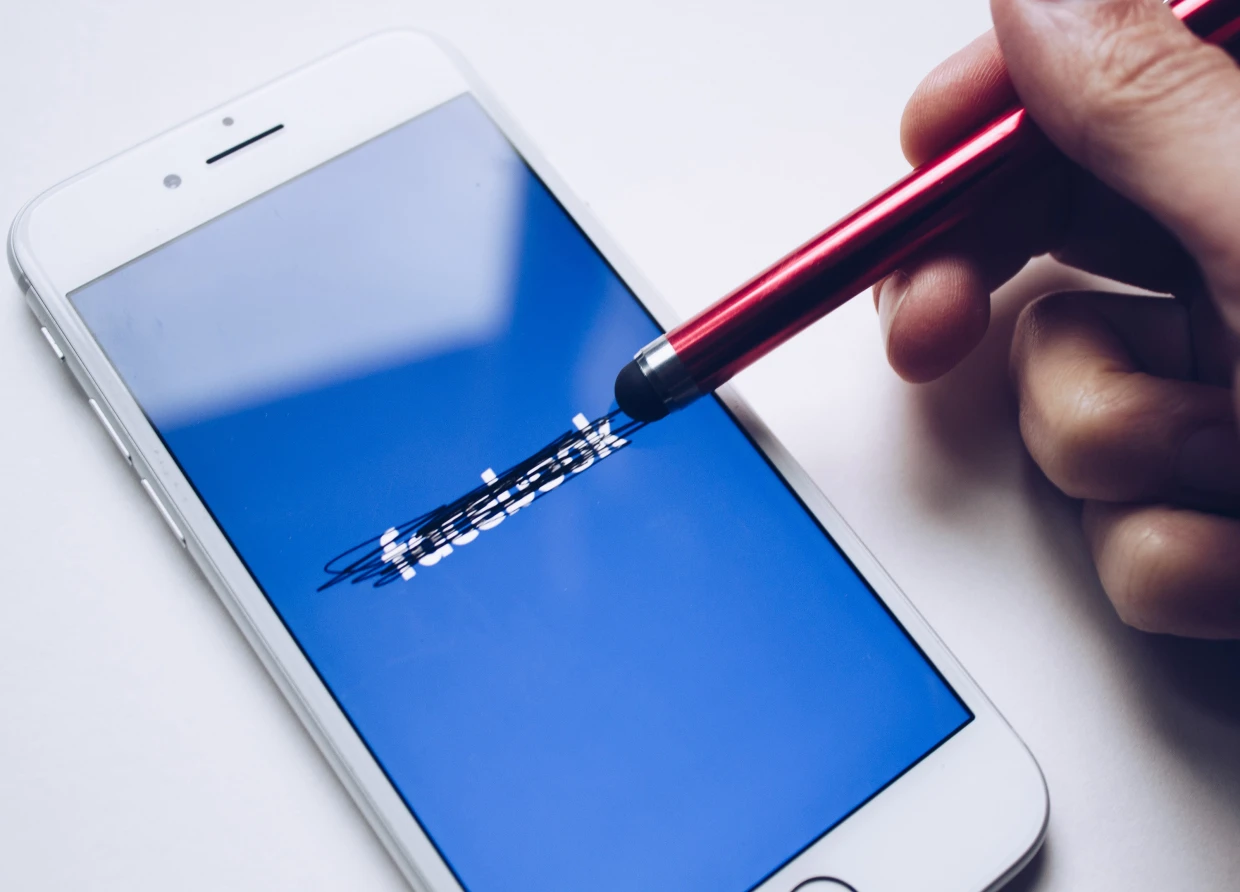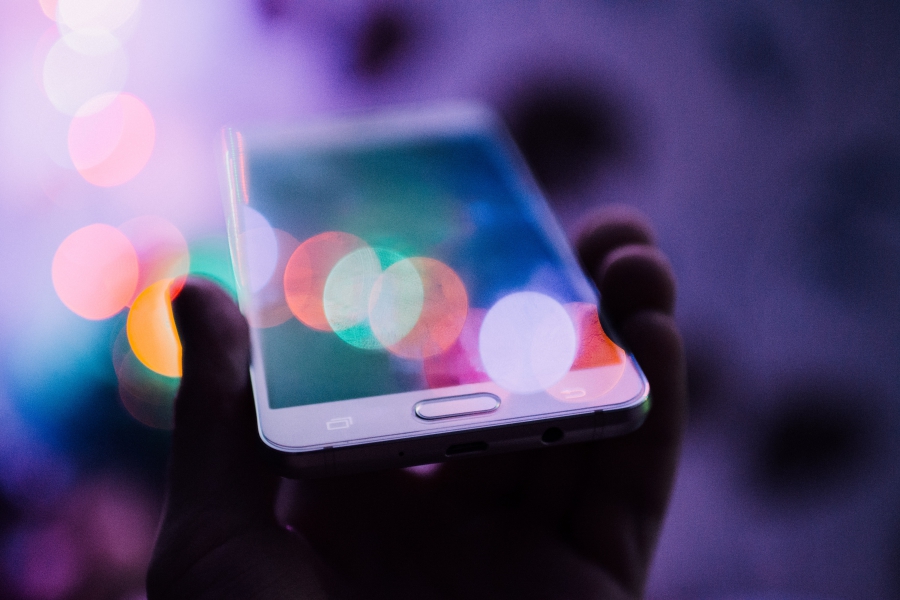THE SOCIAL MEDIA DIET CAN IMPROVE YOUR MENTAL HEALTH
Log out. Now.

Even before the pandemic started, social media has already been a huge influence on most people. Sadly, it has taken a huge toll on people's mental health as it started to be filled with irresponsible people.
Now, in the pandemic, people are getting more ignorant to the fact that what they said on the internet could hurt or trigger someone's mental health.
Social media used to be a place for us to share about things related to people's lives. However, nowadays, there are more hoaxes and arguments than real news and encouragements.
Most social media timeline is now filled with harsh debates, hate speeches, cyberbullying, and many more. Even though you're not involved in it, you might get stressed from just reading all of those.

Time for a hiatus
There are a lot of people who actually have tried logging off from social media for days, weeks, and even months. They then realize a change of mood within themselves and it really becomes brighter. Some of them still logging in just to share some things related to their job or life, but not looking at the timeline or feeds really helps them reduce the stress.
Apparently, people tend to follow others who have similar mindsets on social media. That is one of the reasons why people lost the ability to think critically, to examine something from all perspectives, and decide what they actually thought about it.
However, being away from social media for a long period of time proves to make you think in a healthier way. There is a significant contrast between real-life talks and Twitter discussion, which frequently includes fast replies and name-calling, as well as little depth.
A psychotherapist and member of the BACP, Jennifer Park, said that “social media often causes anxiety and depression through prolonged and excessive use."
“Humans are wired for connection, but social media often makes a person feel far less connected. Seeing others living seemingly fabulous lives can wreak havoc on a person’s self-esteem, and increase loneliness and isolation,” she added.
Social media indeed could be depressing your mood and encouraging you to compare yourself to others, especially if you've already been too invested and scrolling all day long just to find "nothing" that could satisfy you.

Read the signs
Park says that you need to take a break when you realize you've been scrolling endlessly, from day to night, or even until dawn. Because when you don't really know what're you looking for, then you'll be always seeking more without purpose.
“If you’re more interested in creating a good post for social media than you are in the meal you’re having or the people you’re with, that may indicate you’ve lost balance within your life,” she explained.
Obviously, the process won't be easy, since people are mostly so used to holding up their phone and scrolling through it in their free time, but you can start with having more positive routines, such as reading books or journals for all the news and information that you need to know.
Setting yourself limitations for social media usage, rather than going cold abruptly, can be beneficial. Turning off notifications, removing apps off your phone or sleeping with your gadgets in a different room are all options. You might also keep track of how you feel each time you use a social media platform.
There are also people who prefer to curate their timeline and following, remove accounts that are not on the list of their interest, and then use it as a source of entertainment rather than a way of coping or avoiding reality. This also helps and it shows that everyone's solution to improve their mental health is just different.
So it’s not always about giving up social media completely – sometimes, you only need to take a step back for a while to figure out how it makes you feel.
#THE S MEDIA #Media Milenial #Social media detox #Social media diet #Cyberbullying


























